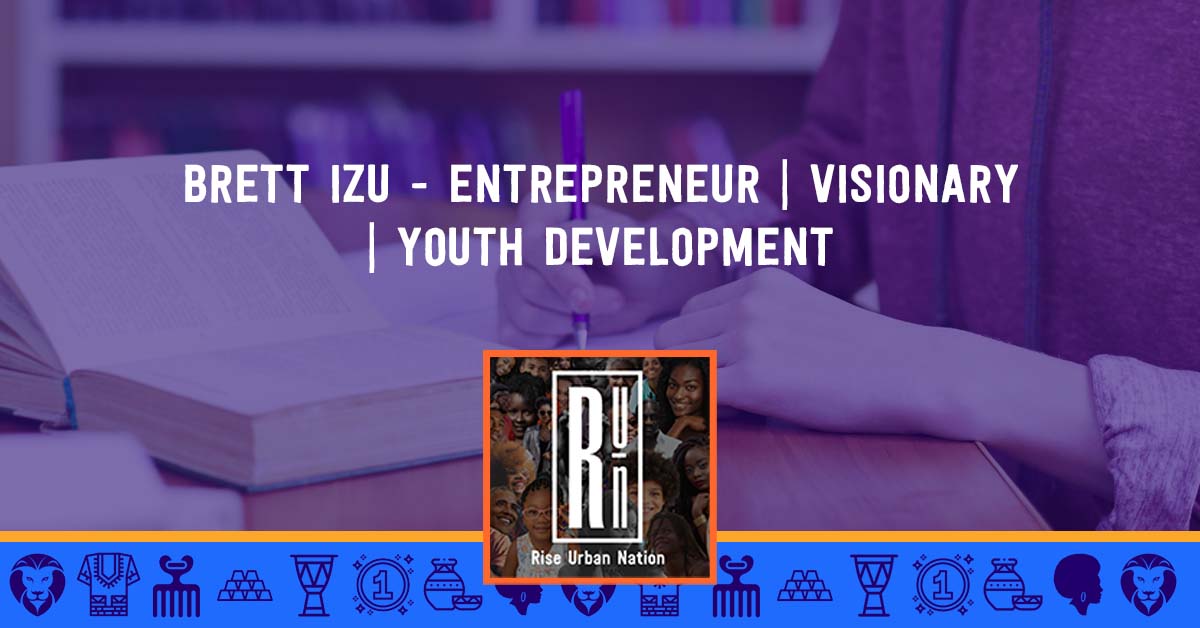6 Resources Every Black Entrepreneur Should Leverage
It's 2022, and it could not be more evident that there are extreme racial inequities in the US. One of those many inequities is the pay gap that people of color experience compared to their white peers.
You've likely heard that women make 72 cents for every dollar men make. But those statistics are for white men and white women.
Black men make 86 cents to the white mans' dollar, but black women? Less than 70 cents.
All that can make running a business as a black entrepreneur seem impossible. You're already up against harsh odds — but you're black. You're used to that, and you're used to breaking that racial ceiling.
Thankfully, black professionals before you have set up resources you can use to get a leg up. We're detailing some of those below.
Resources for Black Professionals
When you're creating a business, you need all the help you can get. Everyone does. Even people born into privilege! 45% of new companies fail within the first five years.
Accessing and using resources to your advantage increases your odds of being in that successful 55%. Don't let your ego tell you that you have to do it alone. Knowing how to leverage help is one of the things that makes a great entrepreneur and sets you up to help people in the future.
1. Take a Financial Literacy Course
Before you start a business, or even if you've already started, it's essential to have a strong understanding of financial literacy. As a business owner, you have to understand taxes, profits, and how to balance your business and personal finances.
There are plenty of courses online that teach you financial basics, but you may need something more advanced.
Listening to podcasts like Rise Urban Nation will not only give you the information you're looking for but will help you find inspiring mentors.
On that note, there are courses for businesses and entrepreneurs that cover everything from financial literacy to marketing.
2. The Small Business Empowerment Program
This program is an eight-week course in small business development. So far, it's offered over 2 million dollars in "Financial Dignity Services," helped over 75,000 entrepreneurs, started over 1100 new businesses, and has access to 25 different startup lenders.
Operation Hope offers the program, whose mission is to "expand economic opportunity, making free enterprise work for everyone." They want to give minorities and young adults the information they need to build secure financial futures and add value to the economy.
They're a 501(c)(3) non-profit and have been around for thirty years. The program is not currently open, but you can opt into their newsletter for application updates and information.
3. Register for 8(a)
As a business run by a minority group, there are certain awards and contracts you can apply for that white-run businesses can not. One of those is the 8(a) Federal Contracting Award.
You'll have to apply online, prove that more than 51% of your business ownership is from their list of disadvantaged groups, and prove that your income meets certain limits. If you can do all that, you can tap into the 5% of Federal contracting dollars that the government commits to spending with 8(a) businesses each year.
Bidding for and getting government contracts is another subject in and of itself; stay tuned into the podcast to hear from people who successfully do so.
4. Join a Mentoring Program
The best way to learn about business is from someone who's gone before you, faced what you will face, and came out on the other side. That's where mentoring programs come in.
The most well-known one is Black Girl Ventures. Clearly, it's marketed towards black women entrepreneurs. They have programs you can apply for, as well as a website full of resources. You'd recognize many of the businesses that are program graduates.
Another good resource is the site SCORE for Black Entrepreneurs. It's less of a program and more of a search engine for mentors that match your needs. They also have a resource library for all entrepreneurs, with templates, advice, and anything else a new business owner could need.
5. Register with the Coalition to Back Black Business
Do you know the difference between a grant and a loan? A loan has to be paid back, while a grant does not. This organization gives grants to black-run businesses if they meet specific standards.
The program is sponsored by American Express and the US Chamber of Commerce Foundation. According to their website, they've granted almost 1,100 grants, with more than half of them going to women-owned businesses.
Grants are available in 40 states — so check if yours is one of them.
6. Get Posted on Black-Owned Everything
You can do everything for your business right on paper, but if you don't have customers or visibility, it doesn't matter. The site Black-Owned Everything aims to help you with that. They're like a marketplace for black businesses and feature different businesses each week.
You can apply to be on the site by entering your email address. They have a good following on Instagram and Facebook if you're more comfortable sharing content there.
Resources Every Black Entrepreneur Should Leverage
Getting help isn't a sign of weakness: it's a sign of strength. Get the help you need as a black entrepreneur in America with the resources above. Once you've gotten the help you need, we'd love to feature you on our business podcast.
We're always looking for more black professionals to interview.
For more inspirational content about black business owners, subscribe and listen to our podcast.











